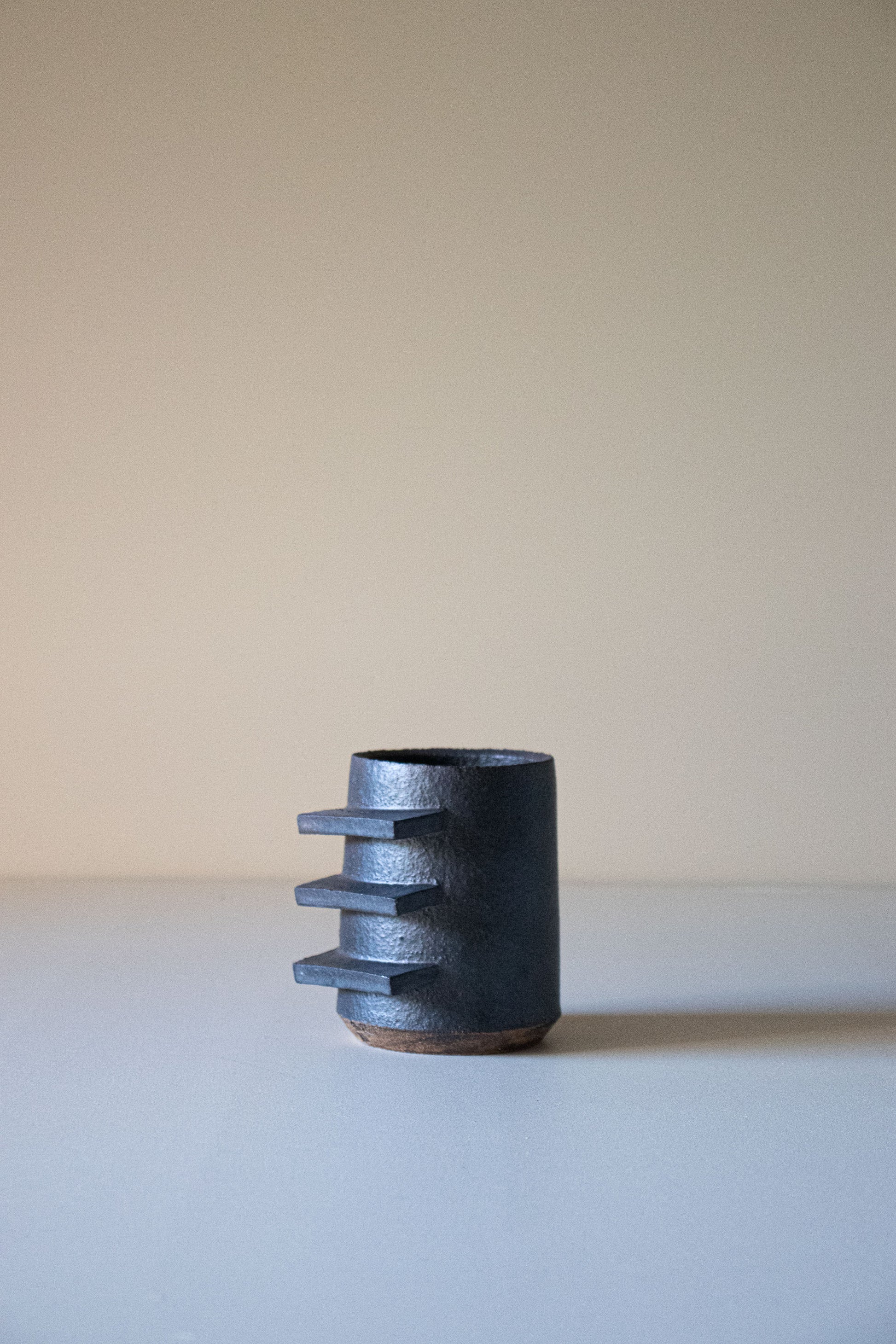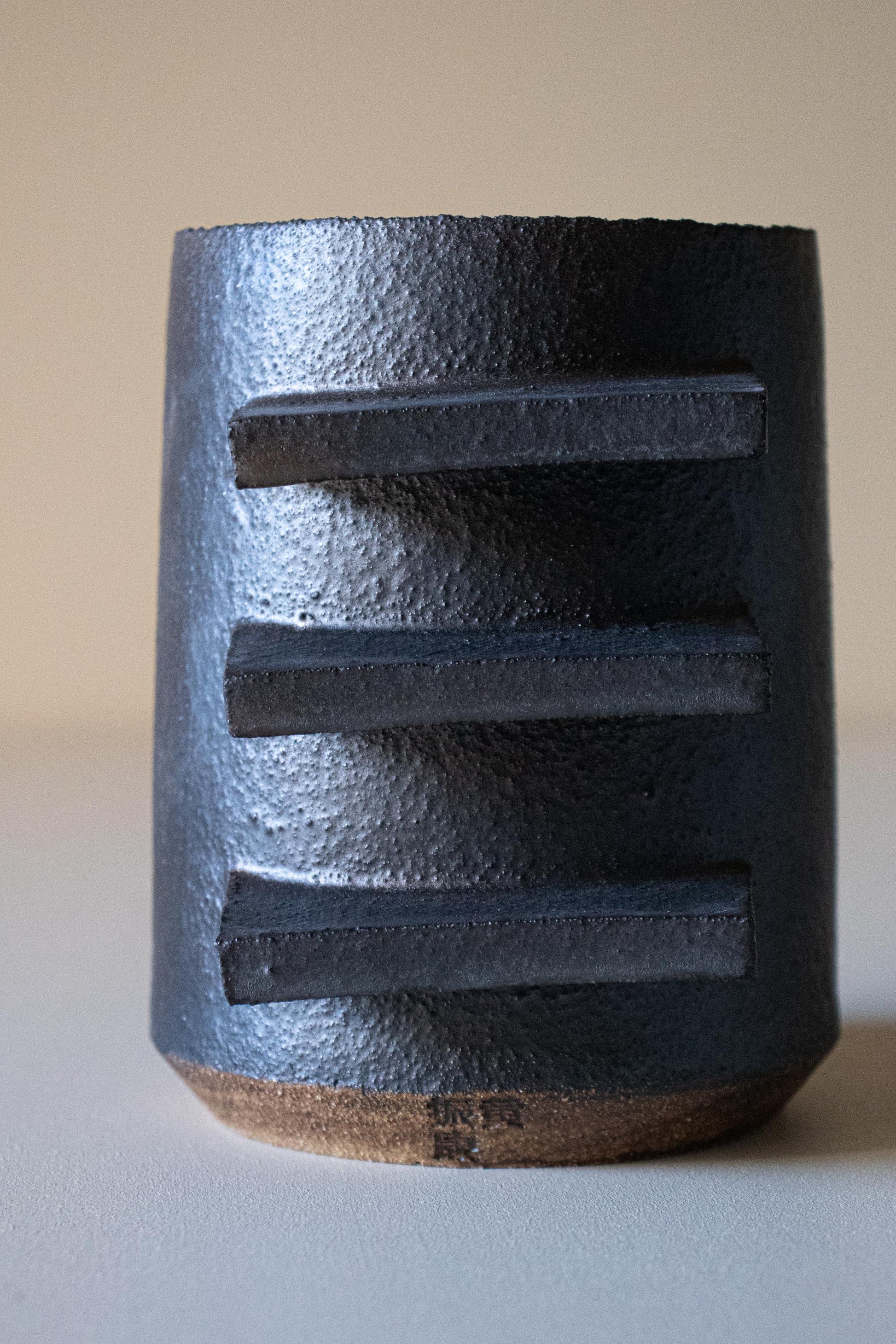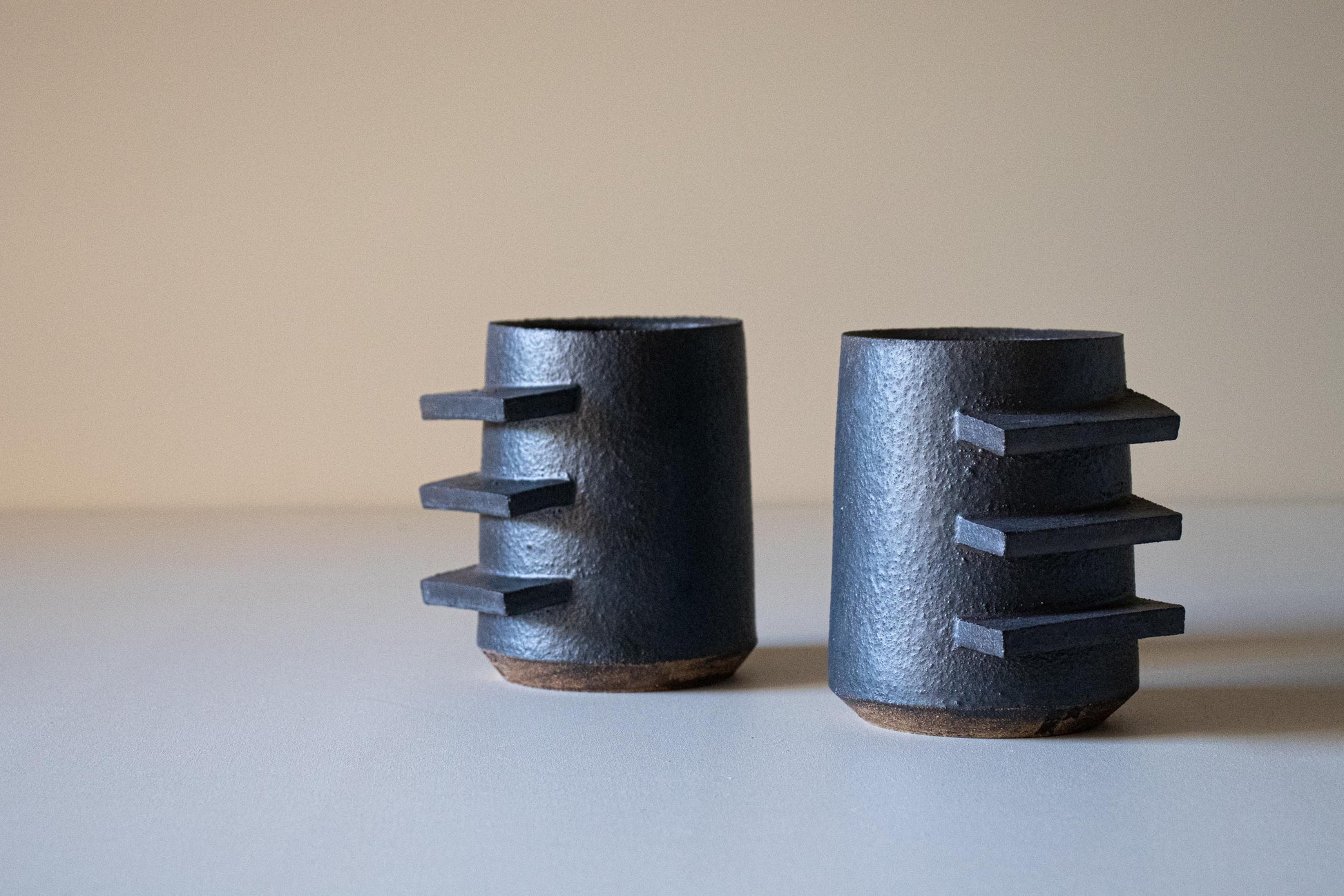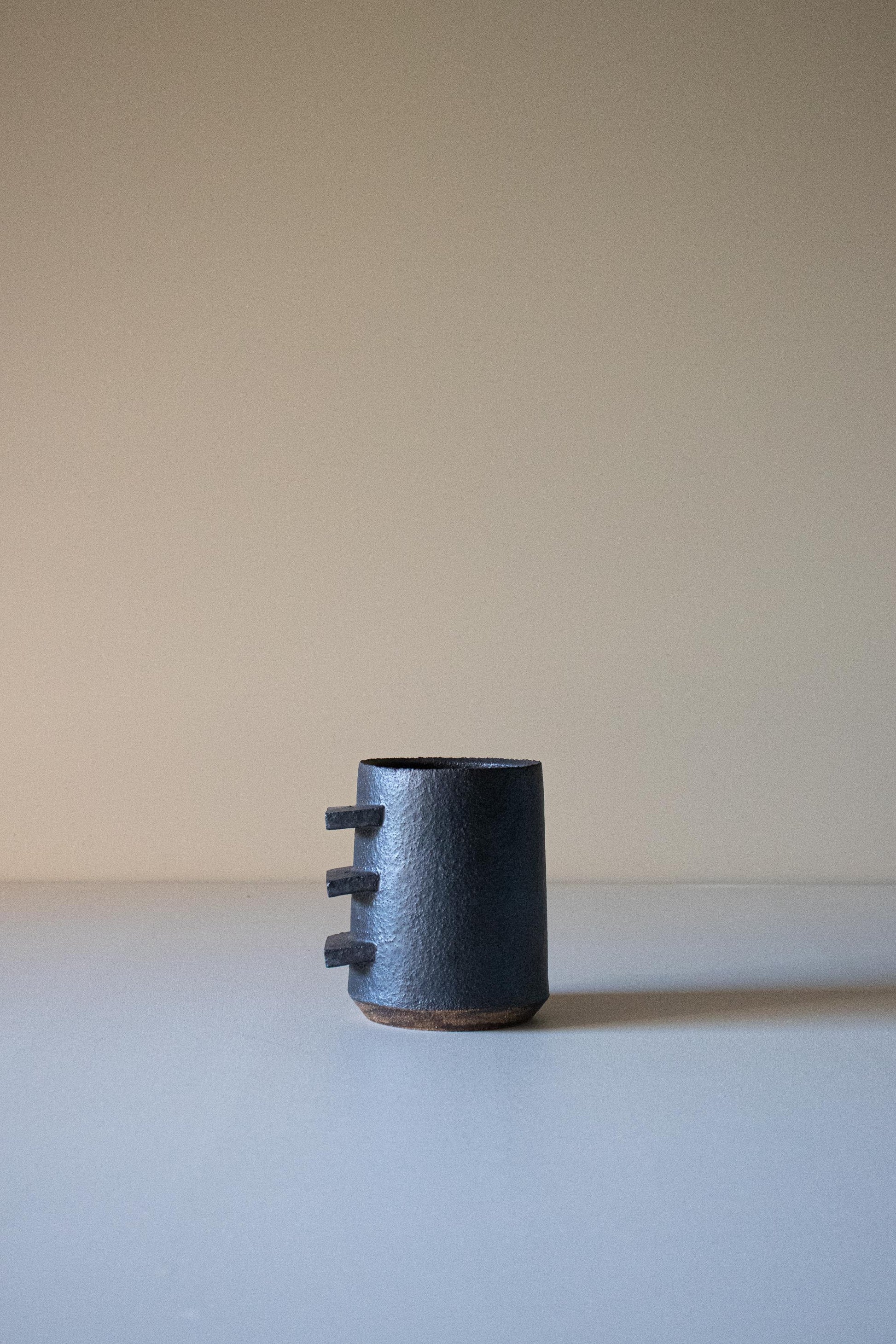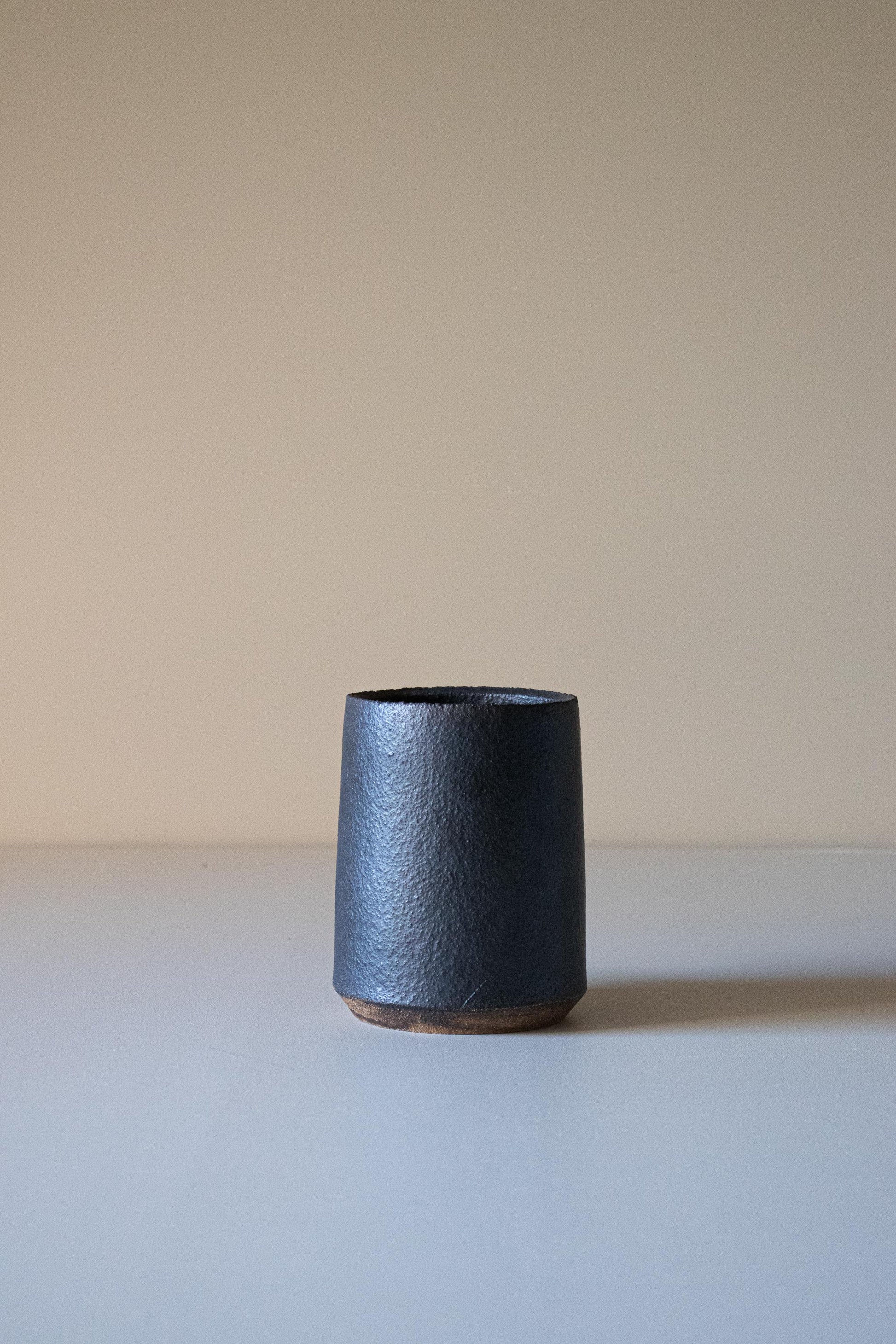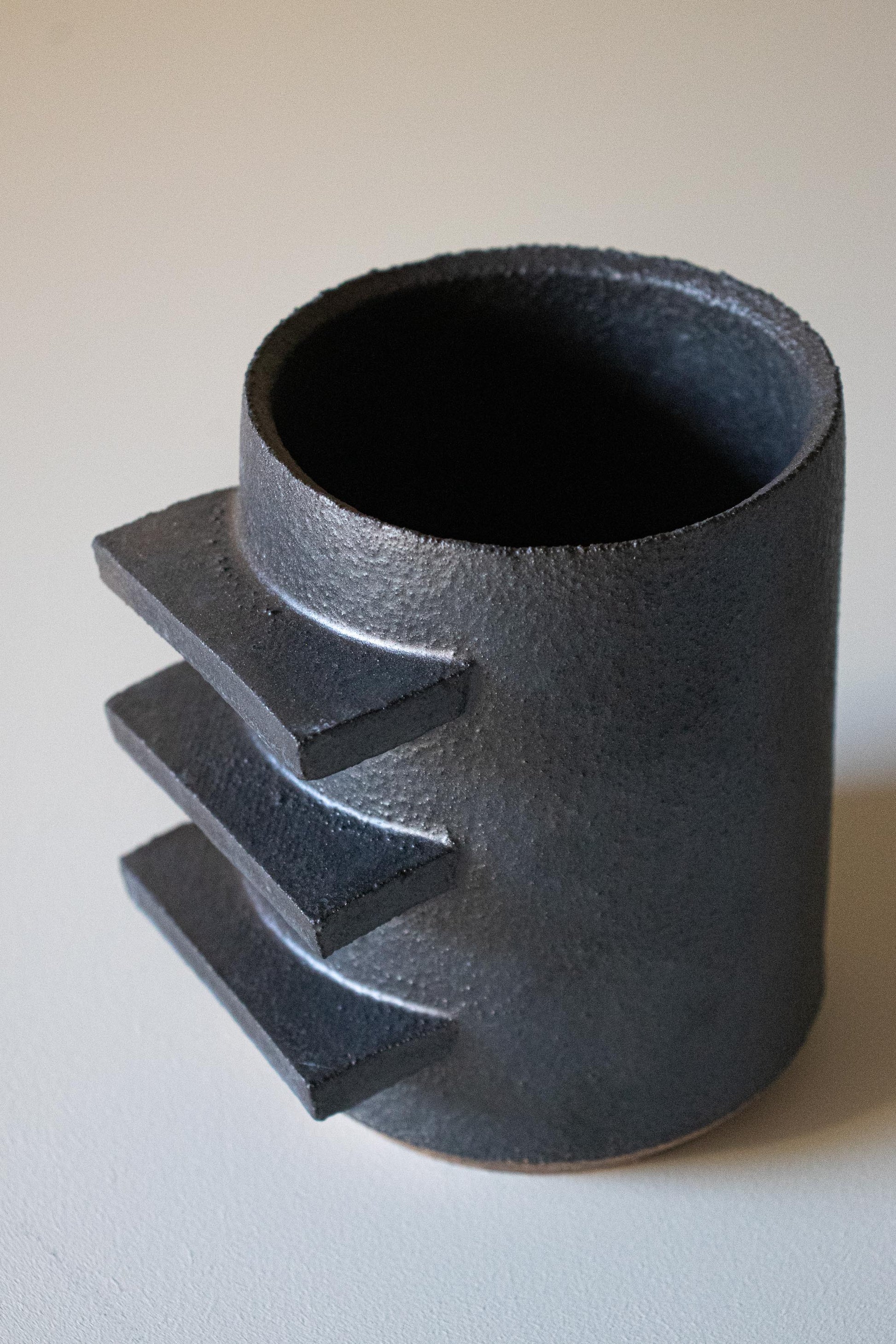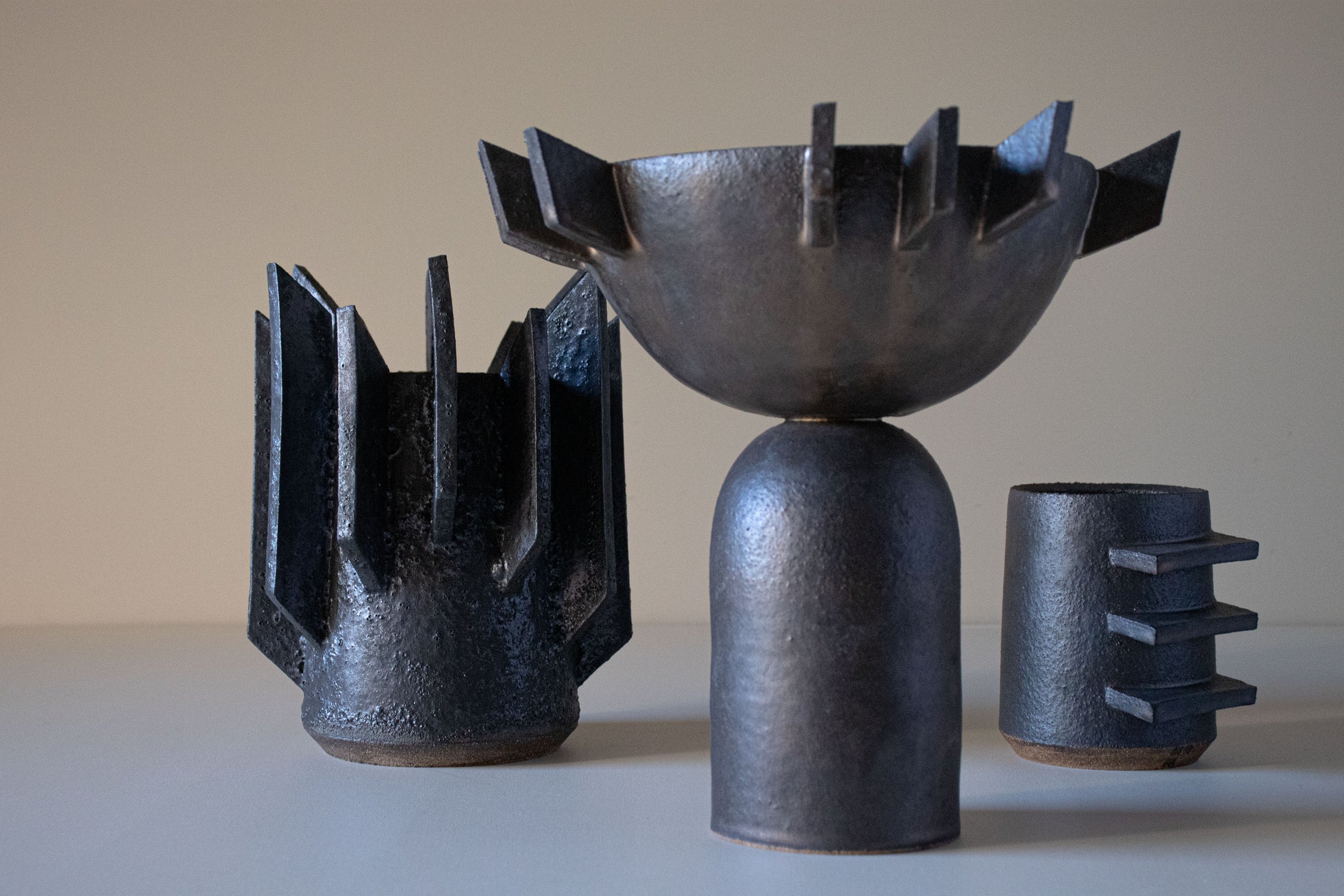Theodosius Ng
'Three Tumbler'
Couldn't load pickup availability
Graphically inspired by the number three in Chinese 三 (sān), this tumbler is a sculptural vessel for your morning coffee.
"These ritual vessels are a homage to the space between my ancestors and me.
Reminiscent of the traditional censers used in spiritual offerings, these forms are the contemporary reinterpretations of a centuries-old ritual, where the veneration of our ancestors using incense was a sacred and necessary part of daily life - similarly echoing the sacred act of reclaiming my heritage.
It is the acceptance of the social and political impacts I experience as a person of colour, being born into, engaging with, rejecting wholly, reclaiming and reconnecting with a culture that is intrinsically part of my identity.
It manifests the internal rebirth of my cultural identity, acknowledging and honouring my ancestors who, just like me, refined and perfected ceramics and pottery." - Theodosius Ng
Available for Loan
Available for Loan
This vessel is available for a short or long-term loan. Contact us via hello@anfisa.com.au to enquire.
Floral Design
Floral Design
Talk to us about adding fresh or naturally dried botanical elements to this vessel. Custom designed to order. Available in Perth only. Enquire via hello@anfisa.com.au
Dimensions
Dimensions
12H x 8.5W x 10D cm
⌀8 cm
Weight: 0.5 kg
*all measurements are approximate
Origin
Origin
VIC, Australia
Shipping
Shipping
This vessel ships within 1-3 days from purchase from our showroom in Fremantle, Western Australia. We currently offer shipping Australia-wide and internationally. See Shipping & Returns for further details.
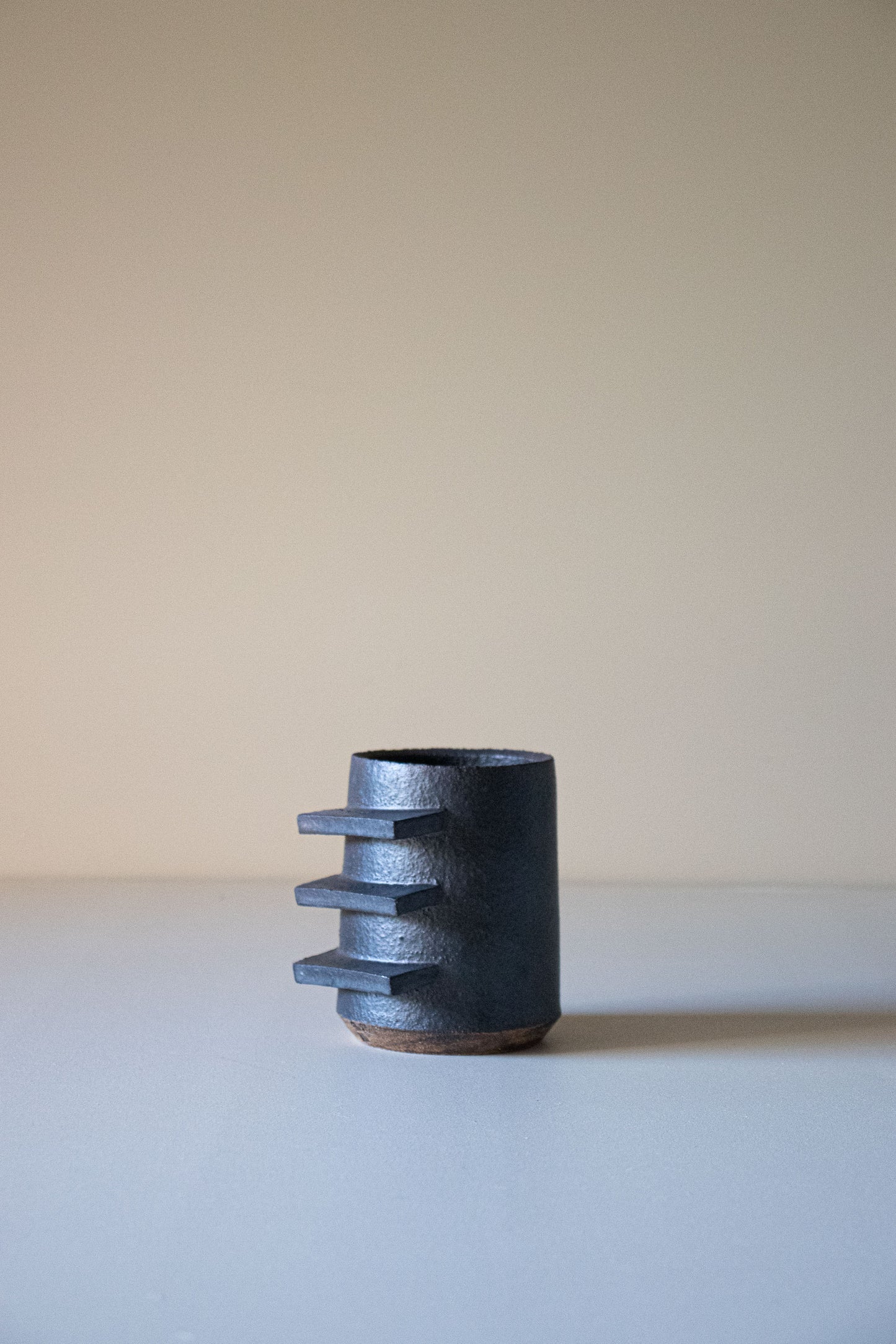
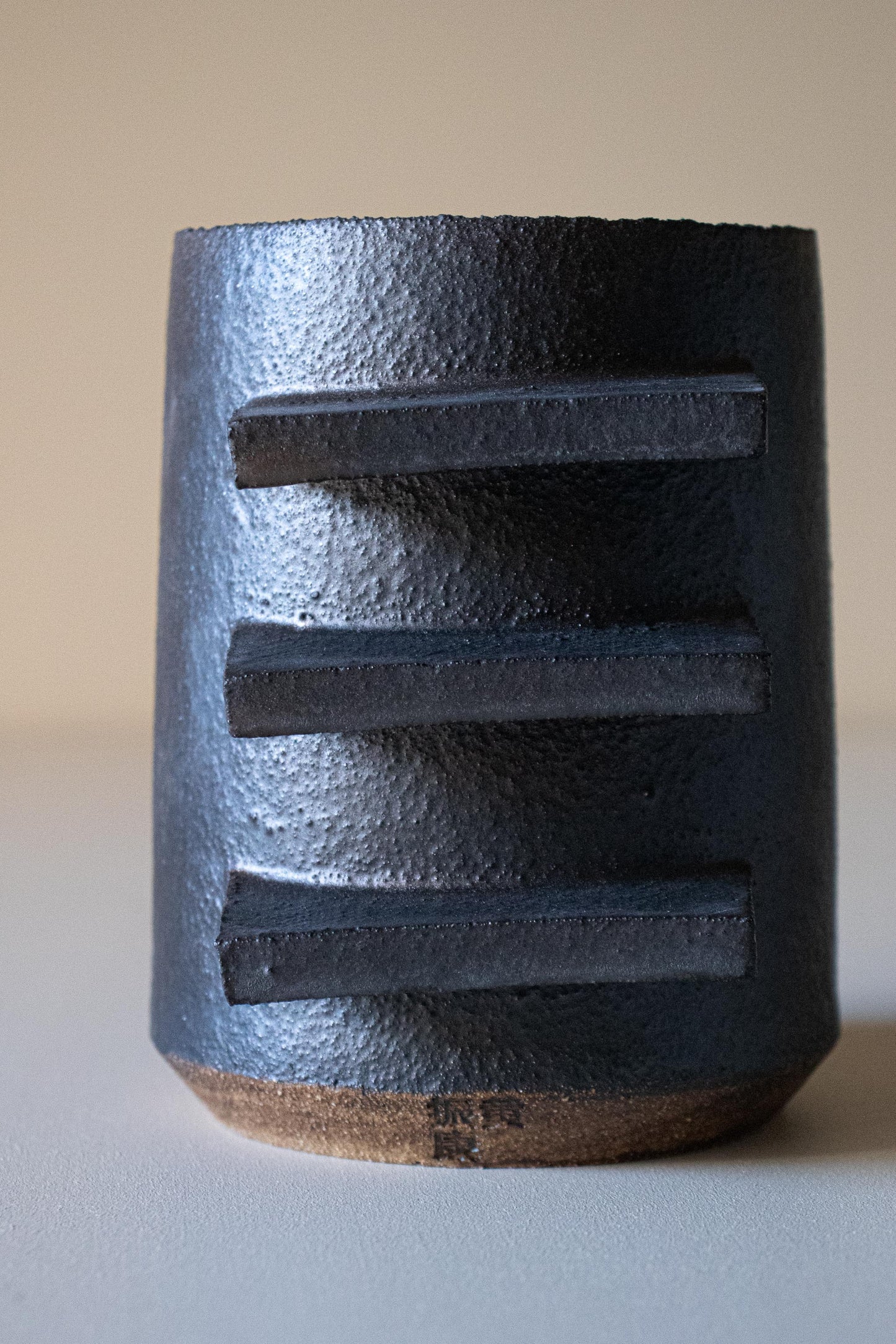
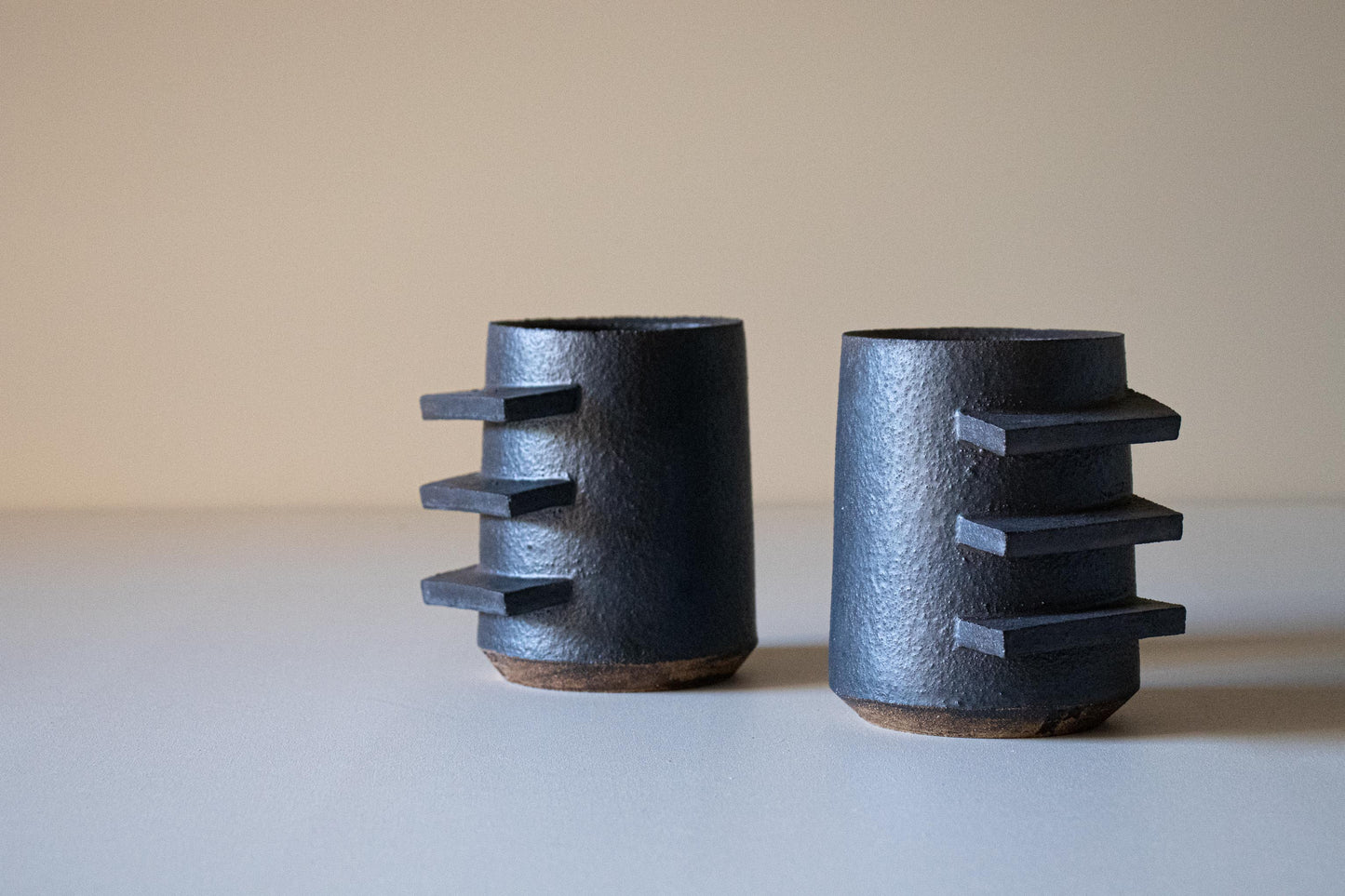
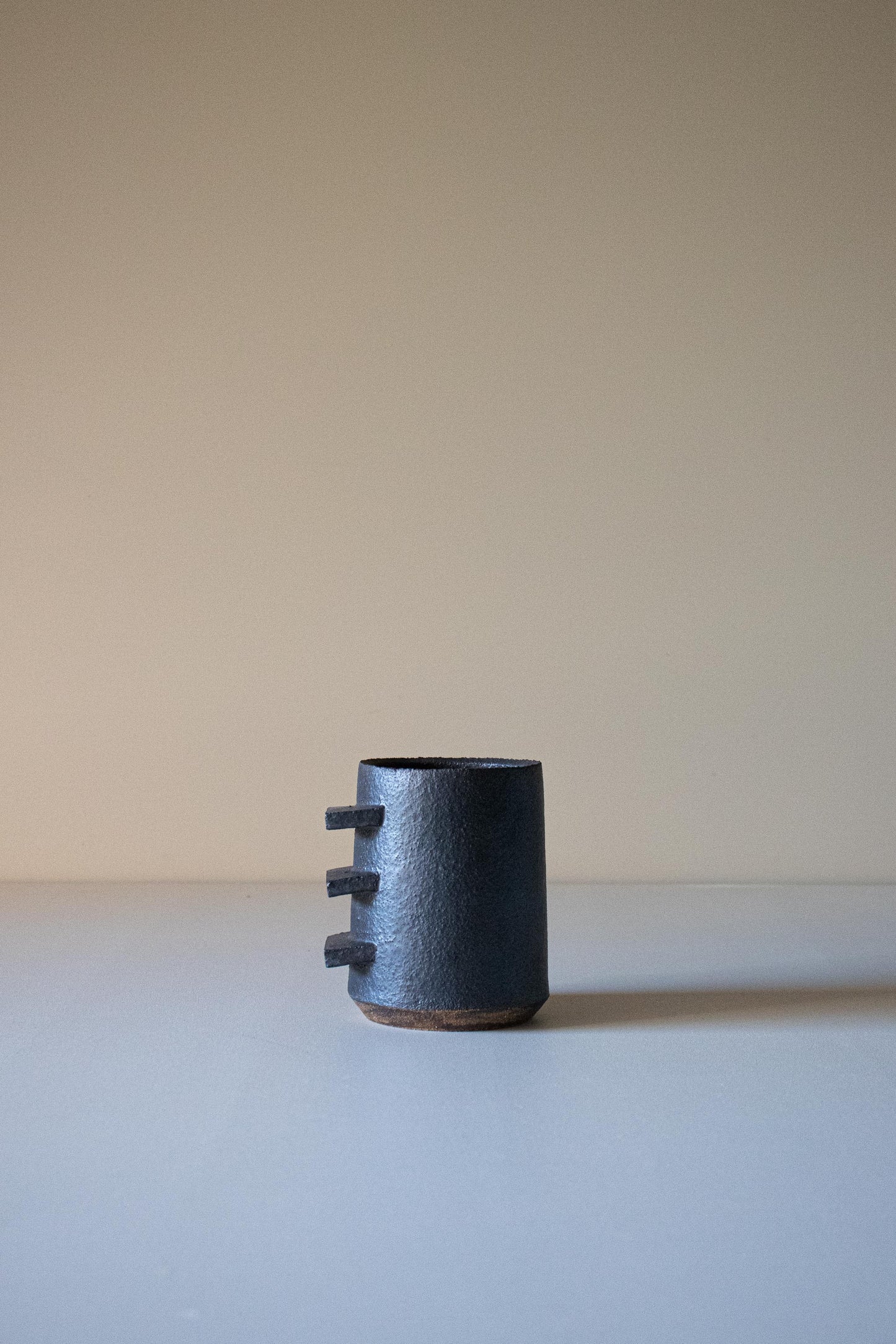
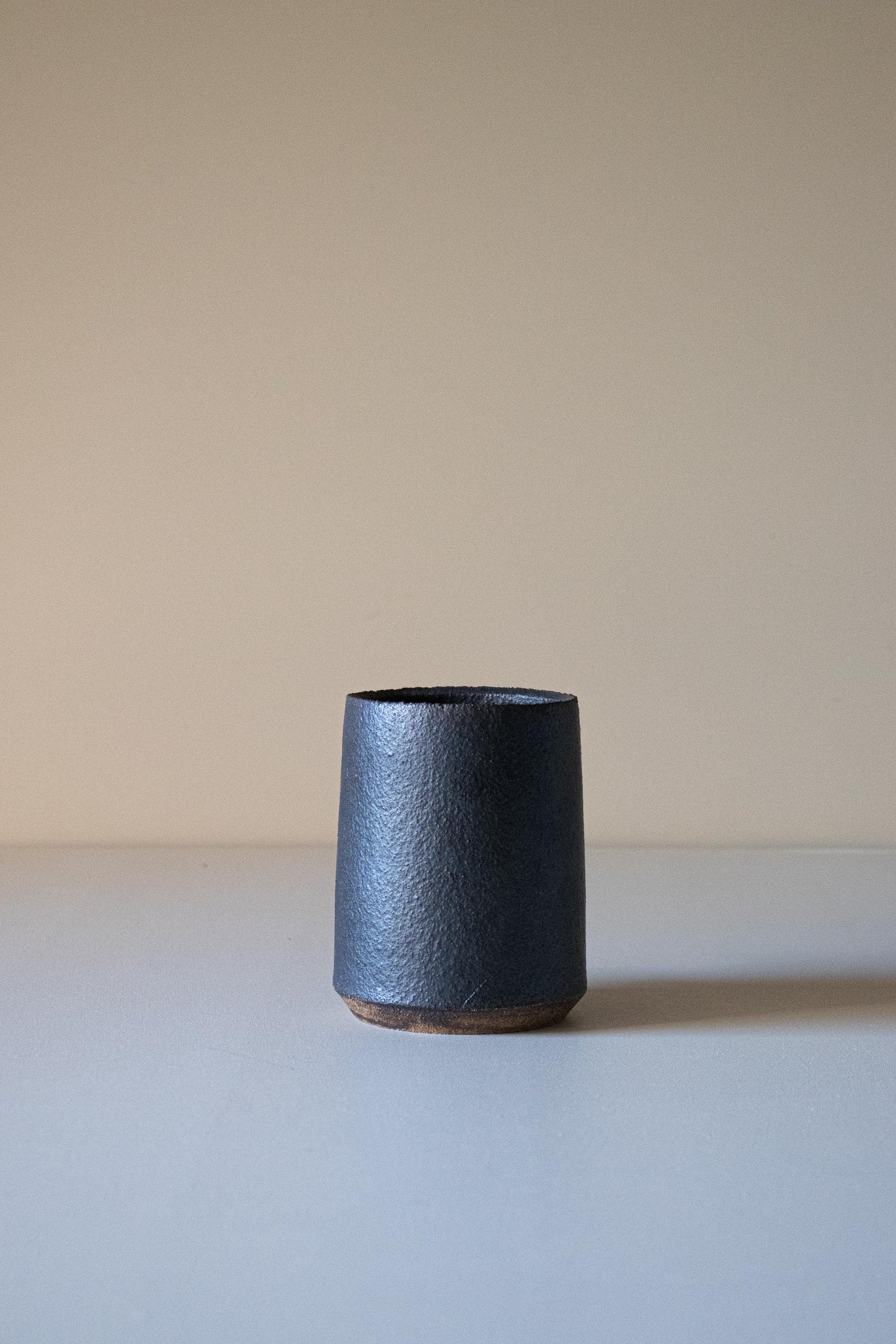
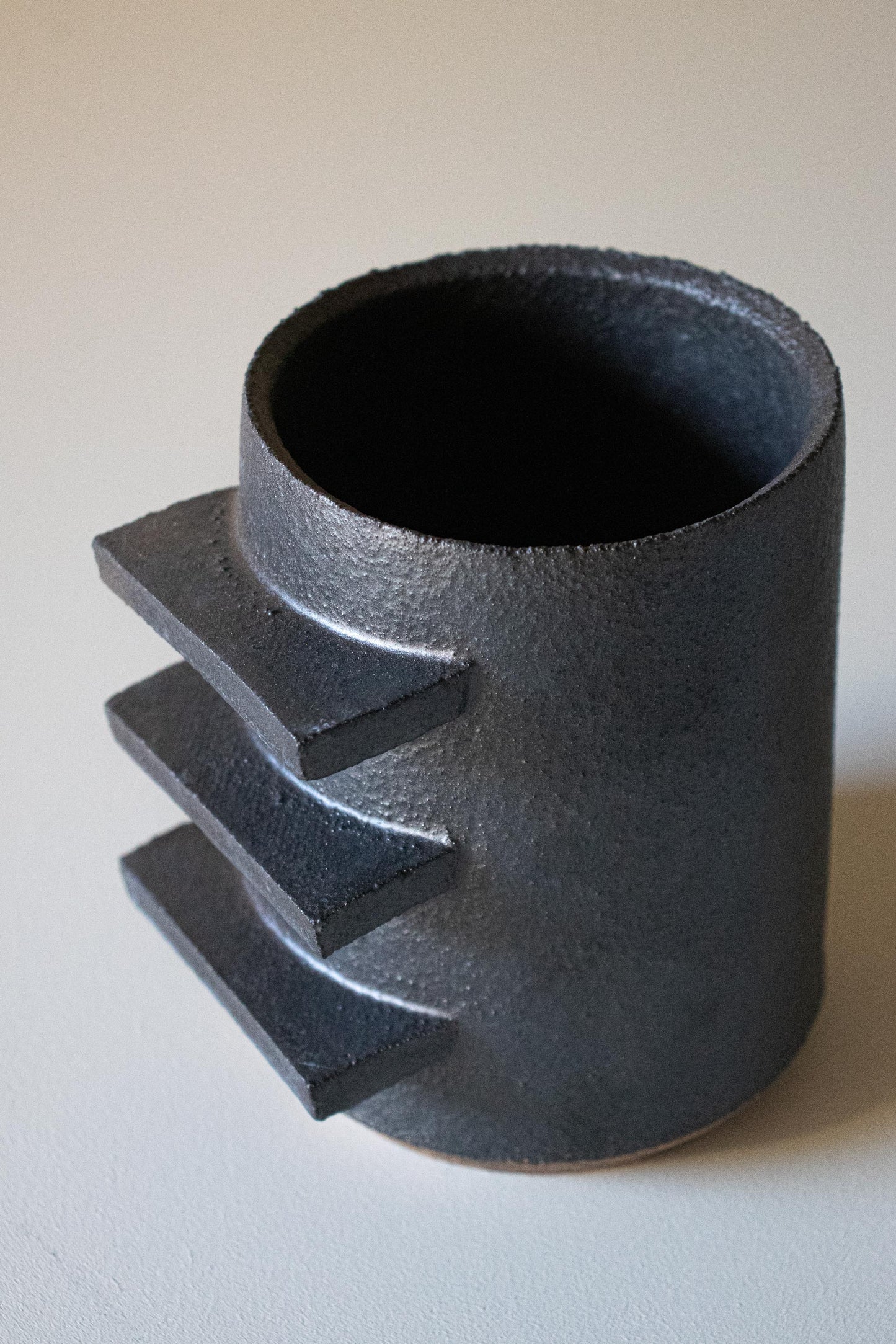
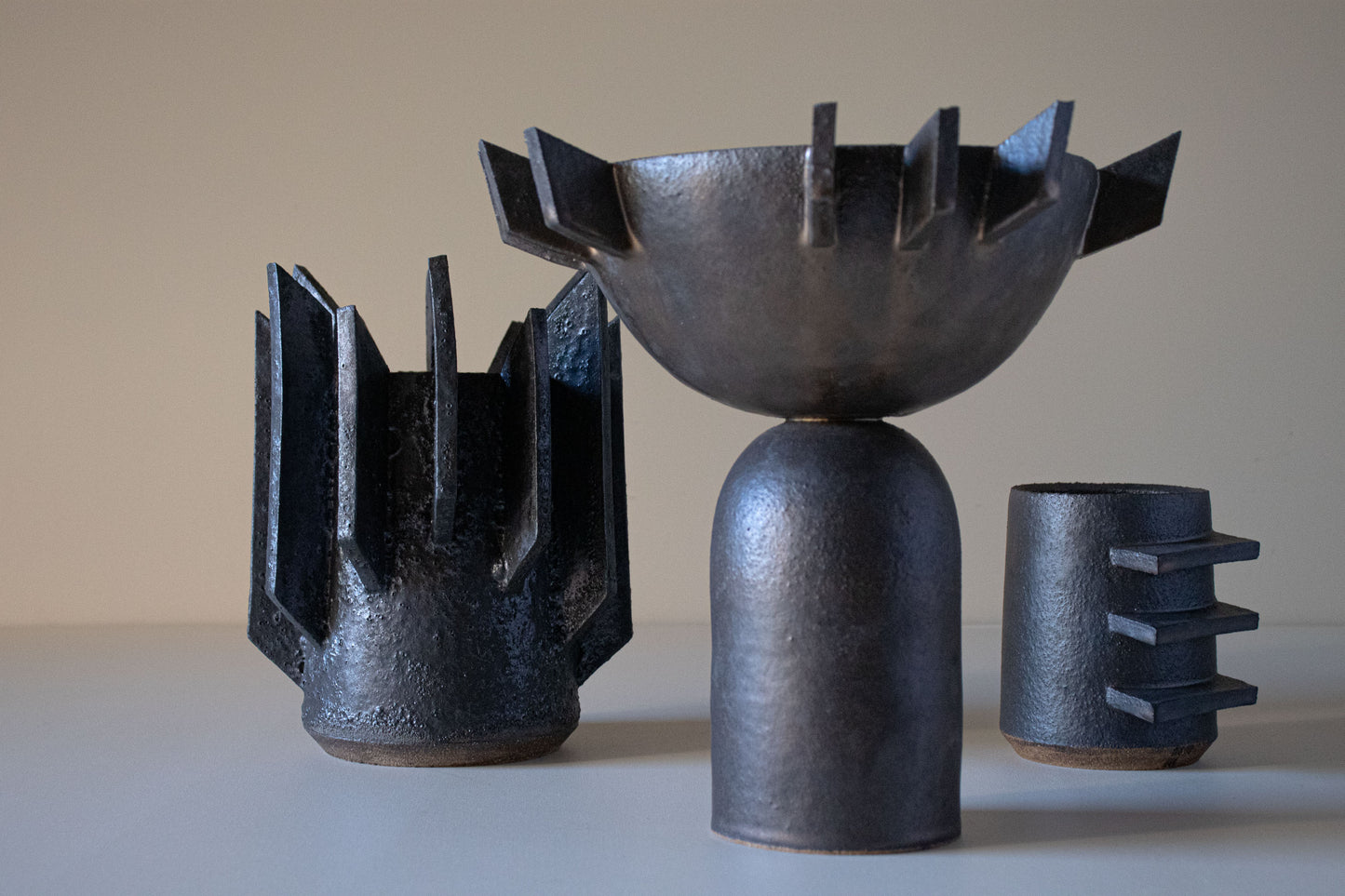
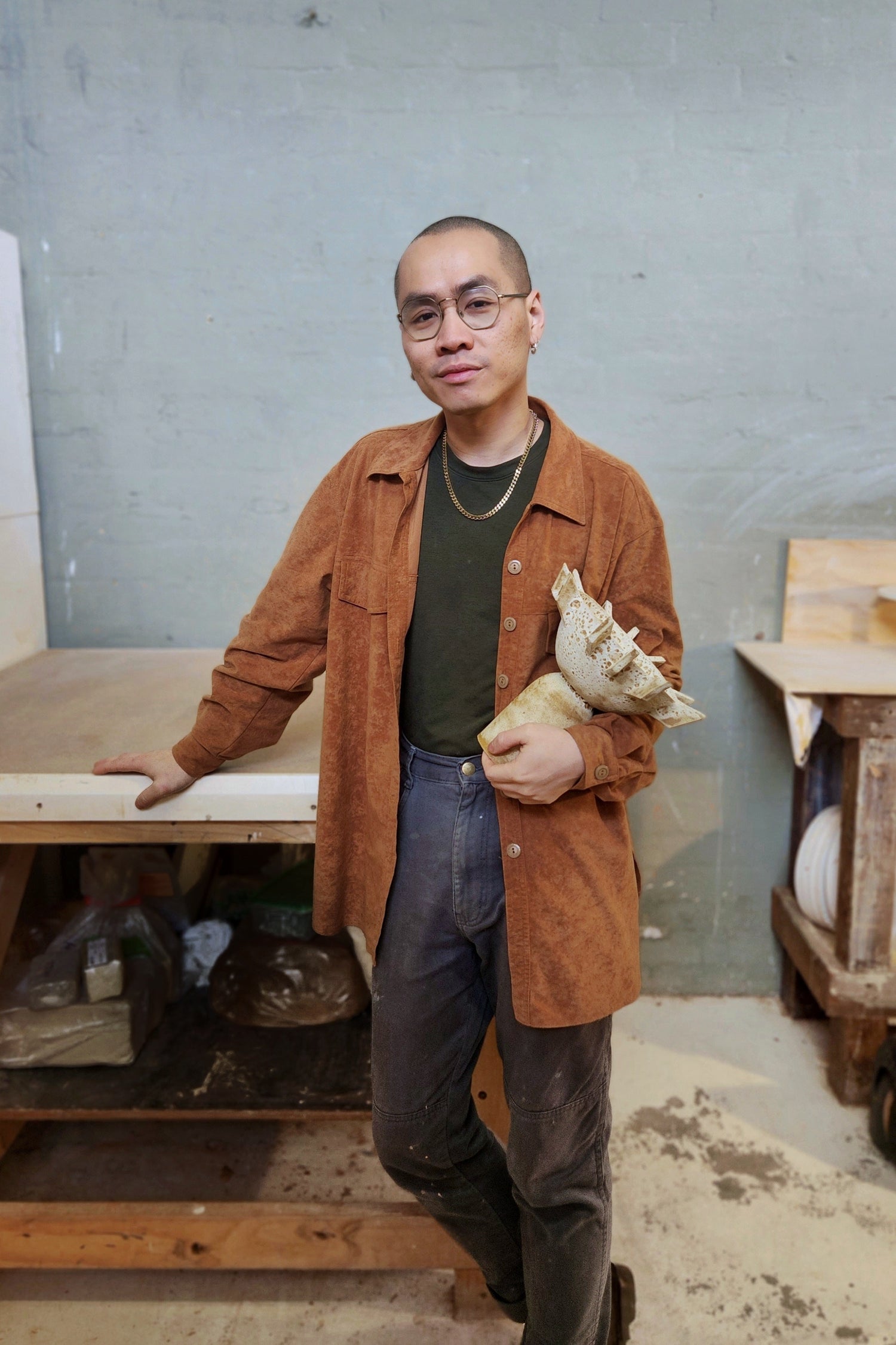
about the artist
Theodosius Ng 黄振康 (they/he) is a queer Chinese ceramic artist based in Naarm (Melbourne). They come from a background in visual arts, music, visual merchandising, styling, interior design, and decoration.
Ng’s ceramic practice began in 2006 and employs wheel throwing, hand building and experimental glazing techniques. They are passionate about cross-disciplinary practices and tactility in materiality. They are visually drawn to brutalism, religious architecture, sacredness in geometry and the natural world.

